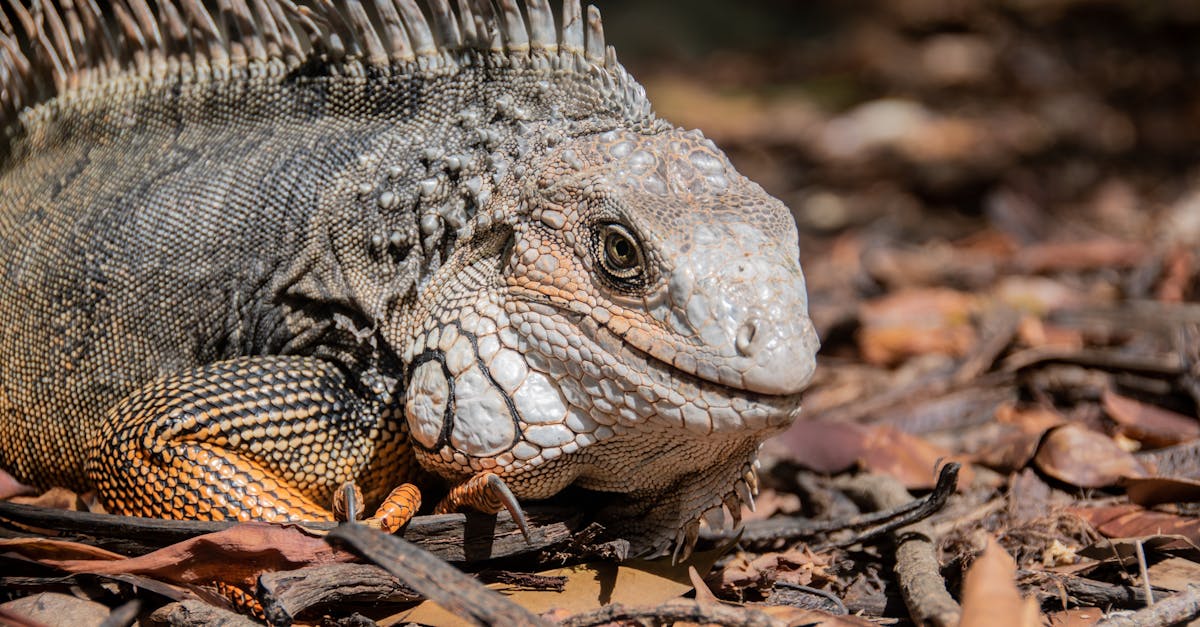Imagine this: a sleek, red fox with a bushy tail curled up at the foot of your bed, its eyes glinting with curiosity and intelligence. The idea of having a fox as a pet is undeniably intriguing. But, is it practical? Is it ethical? From what I’ve seen, the notion of domesticated foxes as pets raises many questions and concerns.
The Allure of Exotic Pets
It’s no surprise that people are fascinated by the idea of owning exotic animals. Foxes, with their striking appearance and playful behavior, are particularly captivating. But, ever wonder why foxes are not as commonly kept as pets as dogs or cats? The thing is, domestication is a complex process that goes beyond simply taming an animal.
The Science of Domestication
Studies show that domestication involves genetic changes that occur over many generations. Dogs, for instance, have been domesticated for thousands of years, evolving alongside humans. Foxes, on the other hand, have not undergone this extensive process. A little-known fact is that the Russian fox domestication experiment, which began in the 1950s, is one of the few attempts to domesticate foxes. Interestingly enough, these foxes have shown some dog-like behaviors, but they are still fundamentally different from dogs.
The Challenges of Keeping a Fox as a Pet
If you’re like me, you might have experienced this: the initial excitement of bringing home a new pet, followed by the realization of the responsibilities it entails. When it comes to foxes, the challenges are even greater.
Behavioral Differences
Foxes are wild animals, and their behavior reflects this. They are more independent and less trainable than dogs. They have a strong instinct to dig and can be quite destructive. Speaking from experience, even the most well-behaved fox can exhibit behaviors that are difficult to manage in a home setting.
Health and Diet
Foxes have specific dietary needs that differ from those of domestic pets. They require a balanced diet that includes meat, fruits, and vegetables. Providing the right nutrition can be challenging and expensive. Moreover, foxes are prone to certain health issues that can be difficult to address without specialized veterinary care.
Legal and Ethical Considerations
Before you even think about getting a fox as a pet, you need to consider the legal implications. In many places, it is illegal to keep a fox as a pet. The ethical considerations are equally important. Foxes are wild animals, and keeping them in a domestic environment can be stressful for them. It’s safe to say that their welfare should be a top priority.
Stories from Fox Owners
Here’s a story: Jane, a wildlife enthusiast, decided to adopt a domesticated fox from a reputable breeder. At first, everything seemed perfect. The fox was playful and affectionate. But, as time went on, Jane realized that the fox’s needs were far more demanding than she had anticipated. The fox required a large, secure outdoor enclosure and a lot of enrichment to keep it mentally stimulated. Jane also had to deal with the fox’s strong odor and frequent digging.
Jane’s experience is not unique. Many fox owners have shared similar stories, highlighting the challenges and rewards of keeping a fox as a pet. From my point of view, these stories underscore the importance of understanding what you’re getting into before deciding to adopt a fox.
The Benefits and Drawbacks
Pros
- Unique Bond: Forming a bond with a fox can be a rewarding experience. Foxes are intelligent and can form strong attachments to their owners.
- Educational Value: Keeping a fox can provide valuable insights into the behavior and needs of wild animals. It can be an educational experience for both adults and children.
Cons
- High Maintenance: Foxes require a lot of care and attention. They need a large, secure outdoor space and plenty of enrichment activities.
- Legal Issues: In many places, it is illegal to keep a fox as a pet. Even in areas where it is legal, there may be strict regulations and requirements.
- Ethical Concerns: Keeping a wild animal in a domestic environment raises ethical questions. It’s important to consider the welfare of the animal and whether it is fair to keep it as a pet.
What to Consider Before Getting a Fox
If you’re seriously considering getting a fox as a pet, there are several factors you need to take into account.
Research and Preparation
- Legal Requirements: Check the laws in your area regarding the ownership of exotic pets. Make sure you have the necessary permits and meet all the legal requirements.
- Housing: Ensure you have a suitable outdoor enclosure that is secure and provides enough space for the fox to roam and explore.
- Diet and Health Care: Be prepared to provide a balanced diet and access to specialized veterinary care. Foxes have specific dietary and health needs that must be met.
Commitment and Responsibility
- Time and Effort: Keeping a fox requires a significant commitment of time and effort. Be prepared to invest in the care and enrichment of the animal.
- Ethical Considerations: Consider the welfare of the fox and whether it is fair to keep it in a domestic environment. Think about the long-term implications and whether you can provide a suitable home for the animal.
The Future of Domesticated Foxes
It’s interesting how the idea of domesticated foxes has evolved over time. From the Russian experiment to the growing interest in exotic pets, the concept of keeping foxes as pets continues to capture the imagination of animal lovers. However, it’s important to approach this idea with caution and a deep understanding of the responsibilities involved.
Responsible Ownership
If you ask me, responsible ownership is key to ensuring the welfare of domesticated foxes. This means being fully informed about the needs and challenges of keeping a fox, and making a commitment to provide the best possible care for the animal.
Alternatives to Pet Ownership
For those who are fascinated by foxes but are not ready to take on the responsibility of ownership, there are alternatives. Volunteering at wildlife sanctuaries or supporting conservation efforts can provide a meaningful way to connect with these amazing animals without the challenges of pet ownership.
Final Thoughts
To put it simply, the idea of keeping a fox as a pet is both fascinating and complex. While the allure of owning an exotic pet is strong, it’s important to weigh the challenges and responsibilities involved. From what I’ve seen, the key to successful fox ownership lies in thorough research, preparation, and a deep commitment to the welfare of the animal.
If you’re like me and have often wondered about the reality of domesticated foxes as pets, I hope this article has provided some valuable insights. Whether you decide to pursue fox ownership or explore other ways to connect with these incredible animals, remember that their welfare should always be the top priority.
For those interested in learning more about foxes and their behavior, there are many resources available. From books and documentaries to online forums and wildlife organizations, there are plenty of ways to deepen your understanding of these fascinating creatures.
In the end, the decision to keep a fox as a pet is a personal one, and it’s important to make an informed choice that considers both the needs of the animal and your own ability to provide a suitable home.











